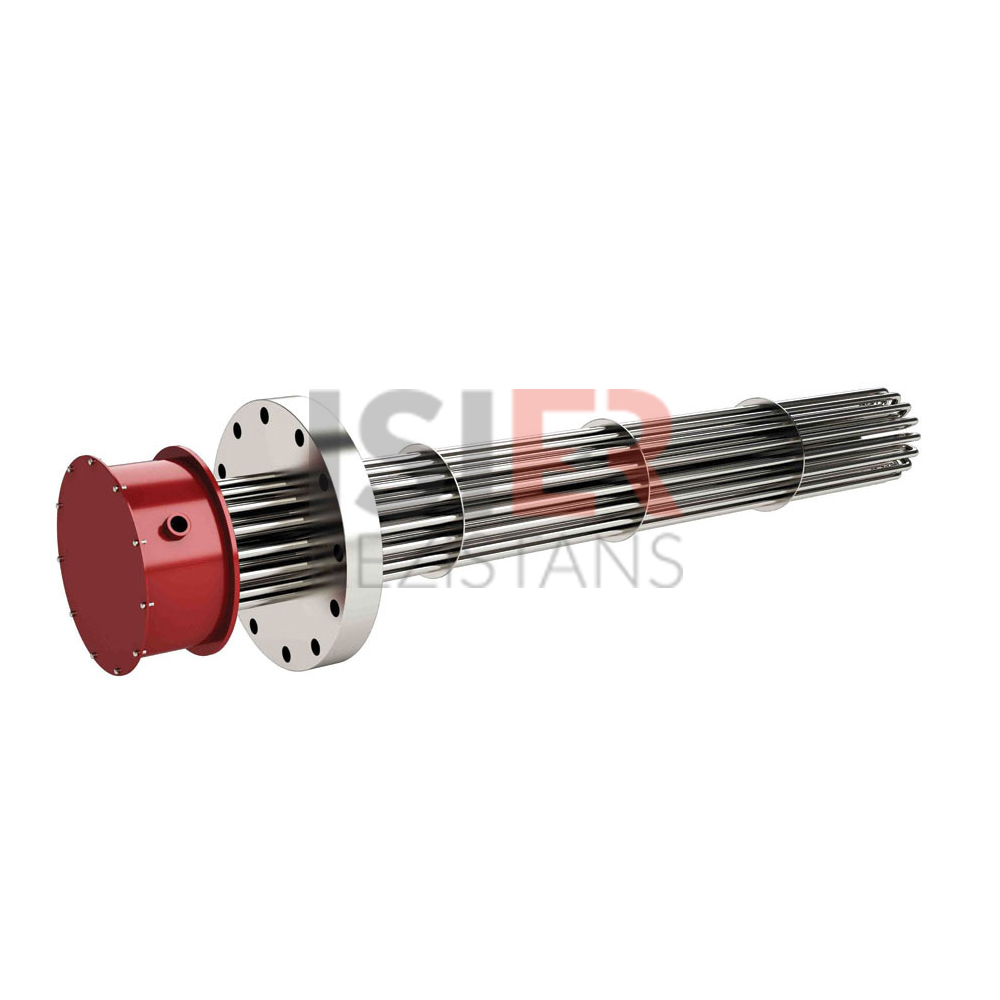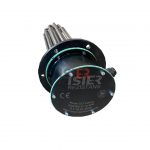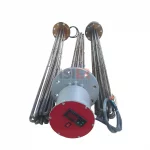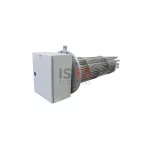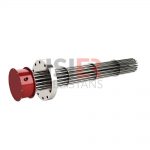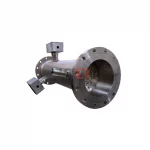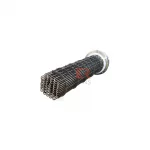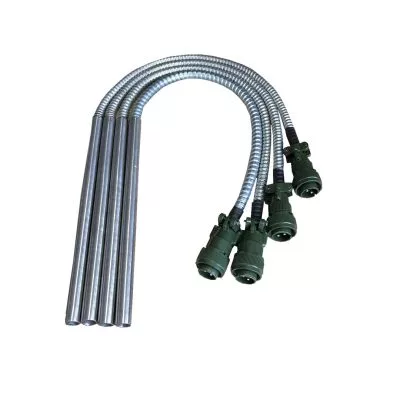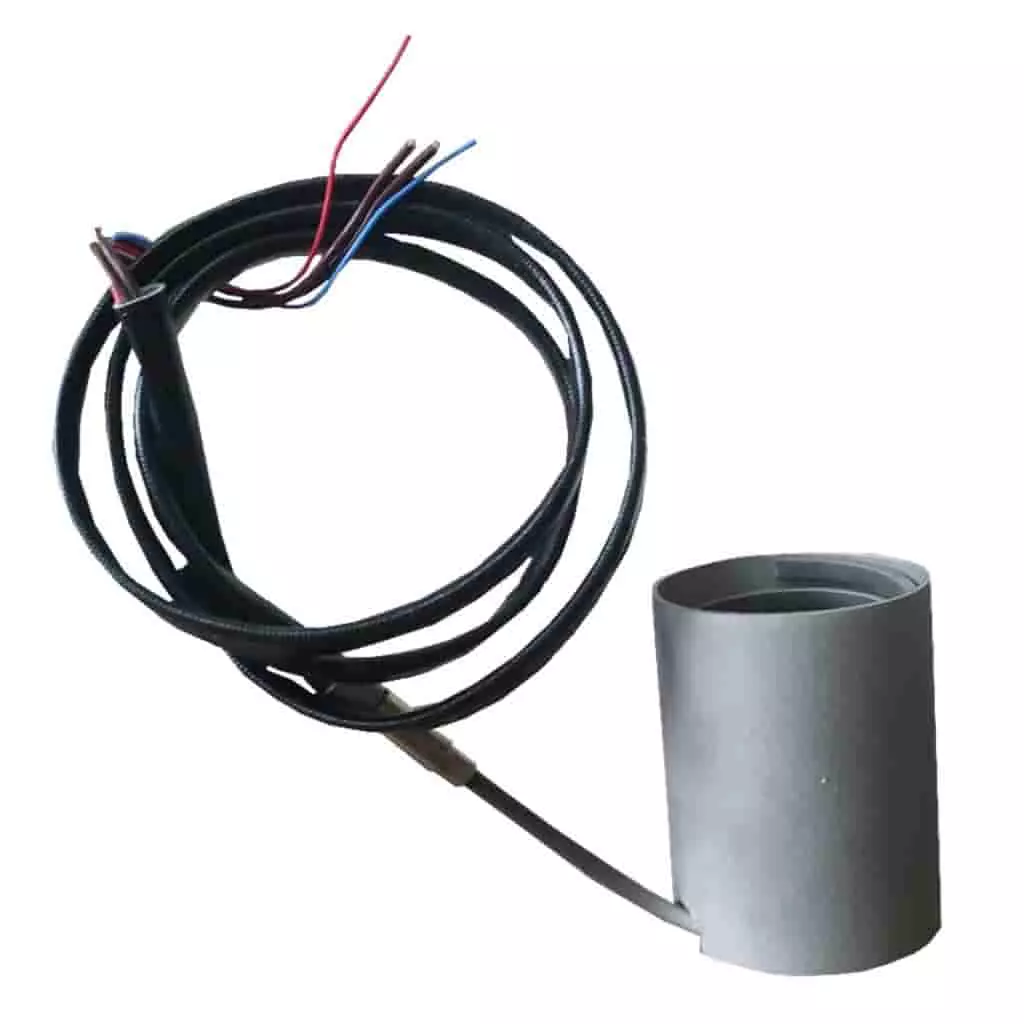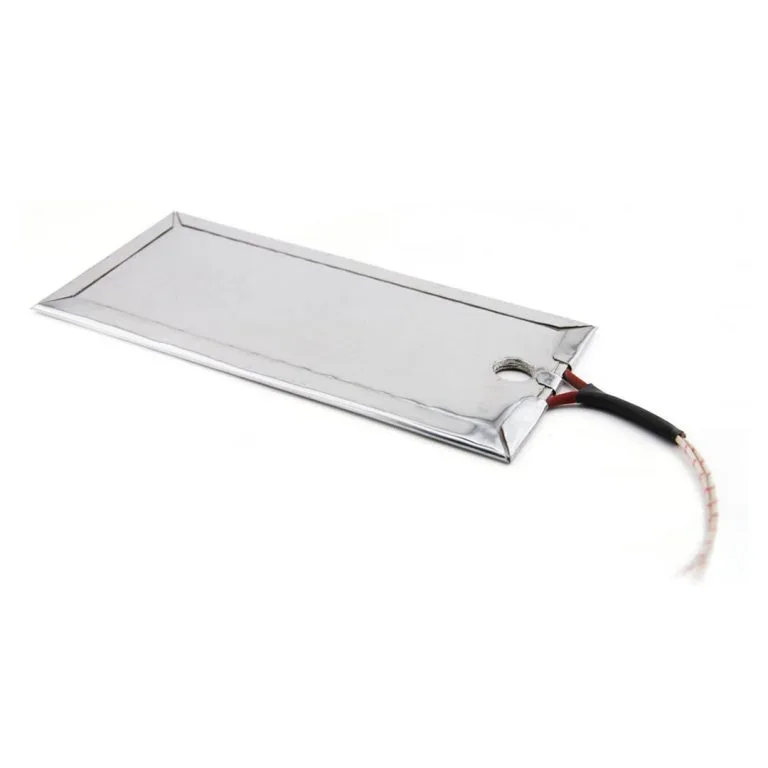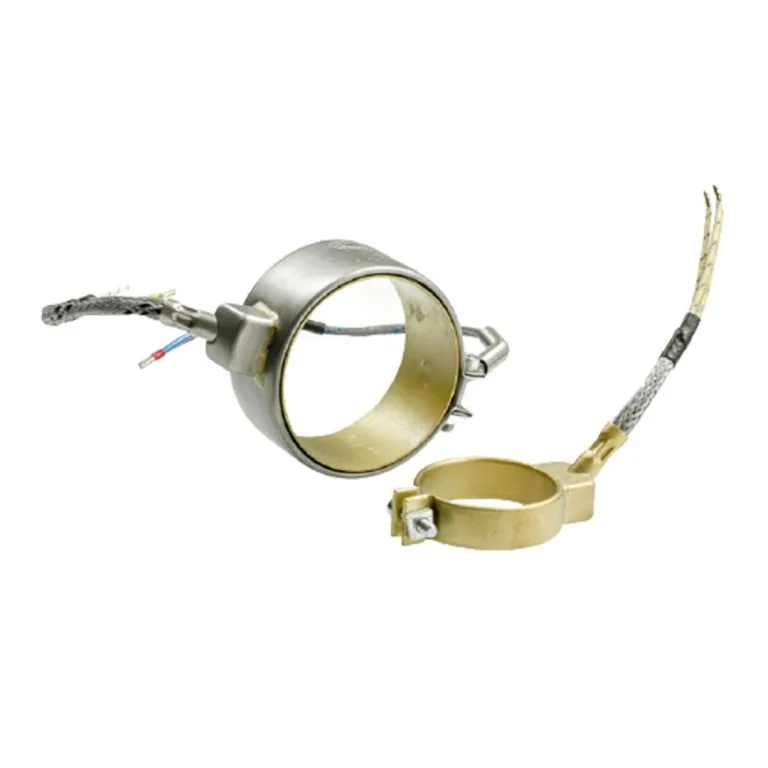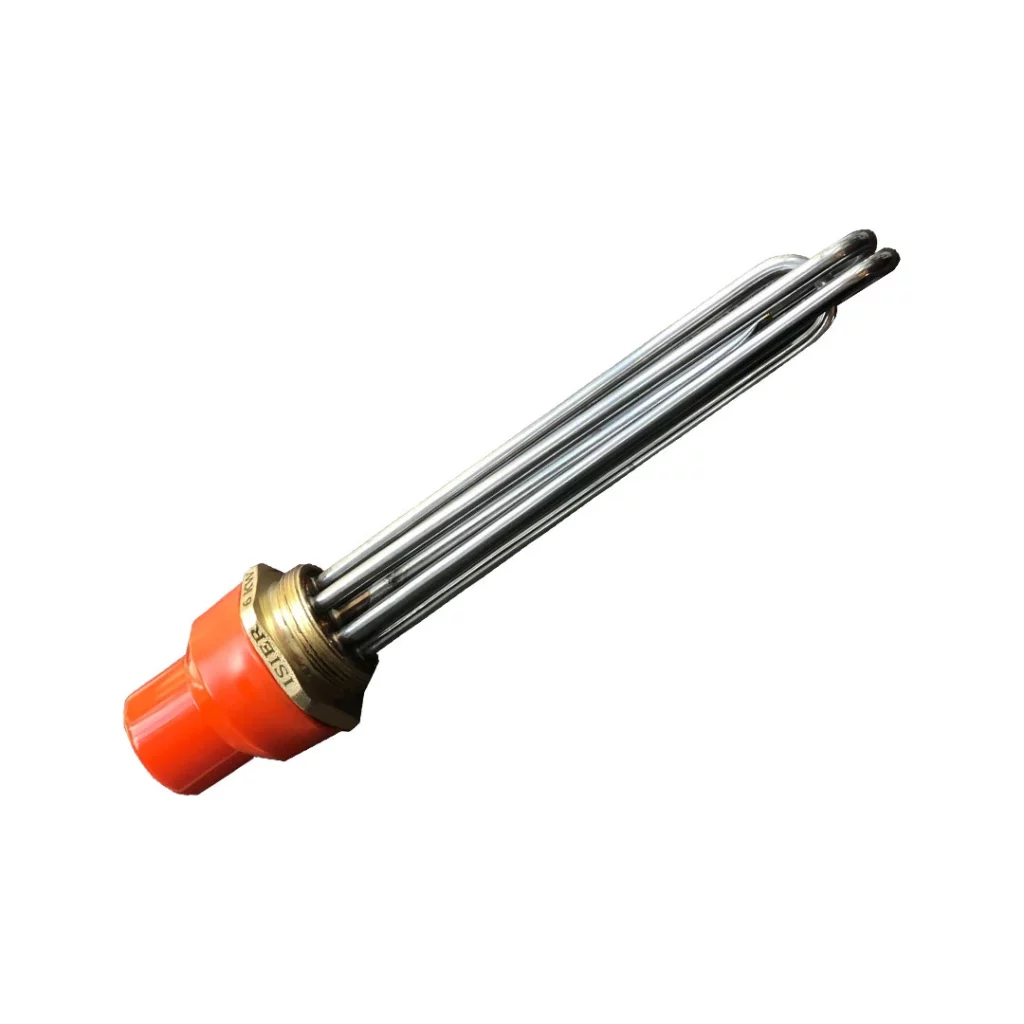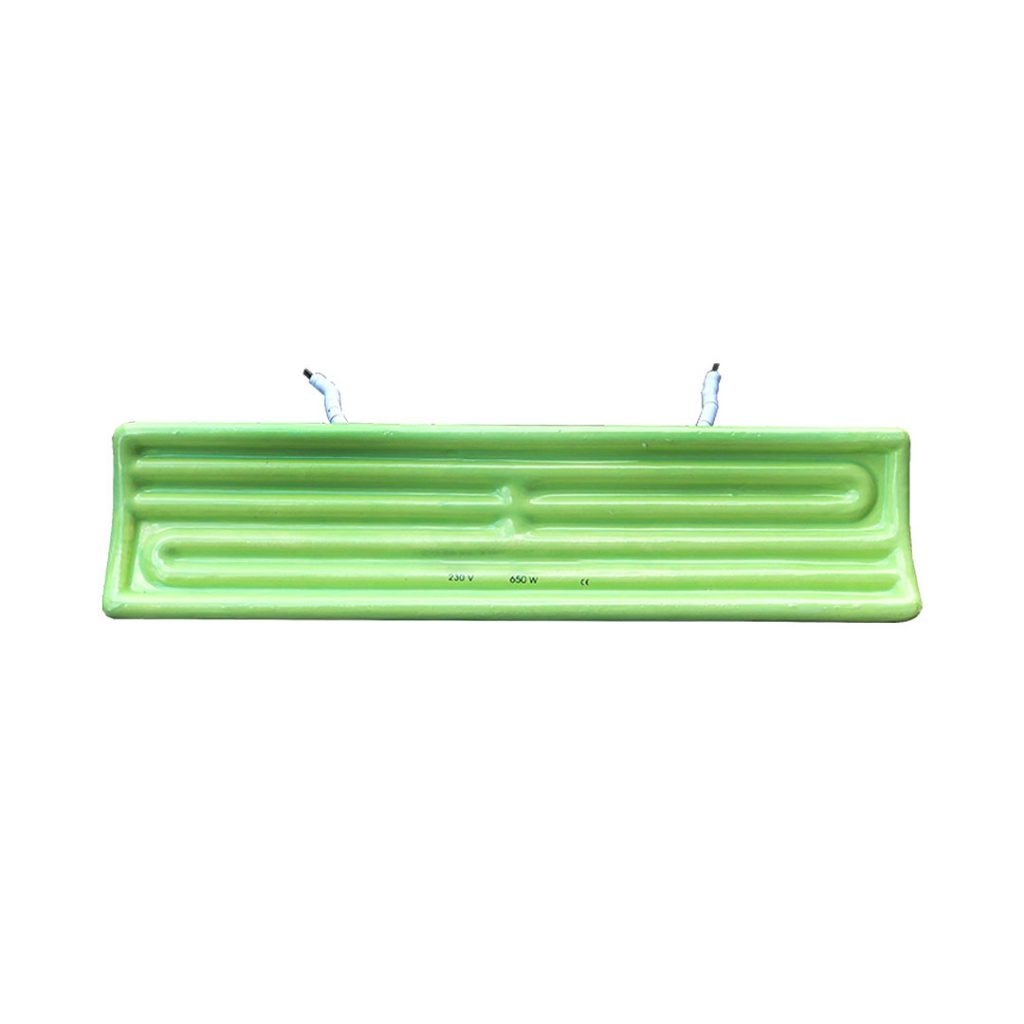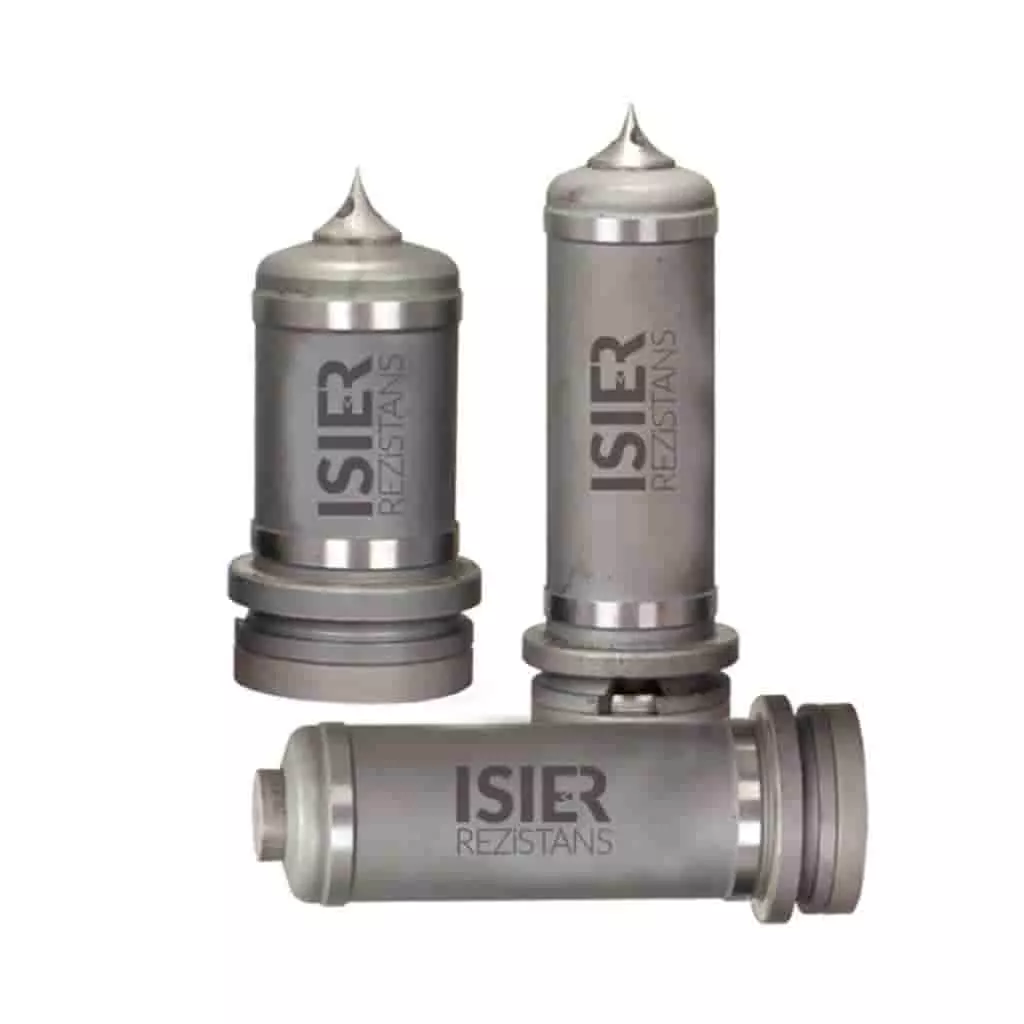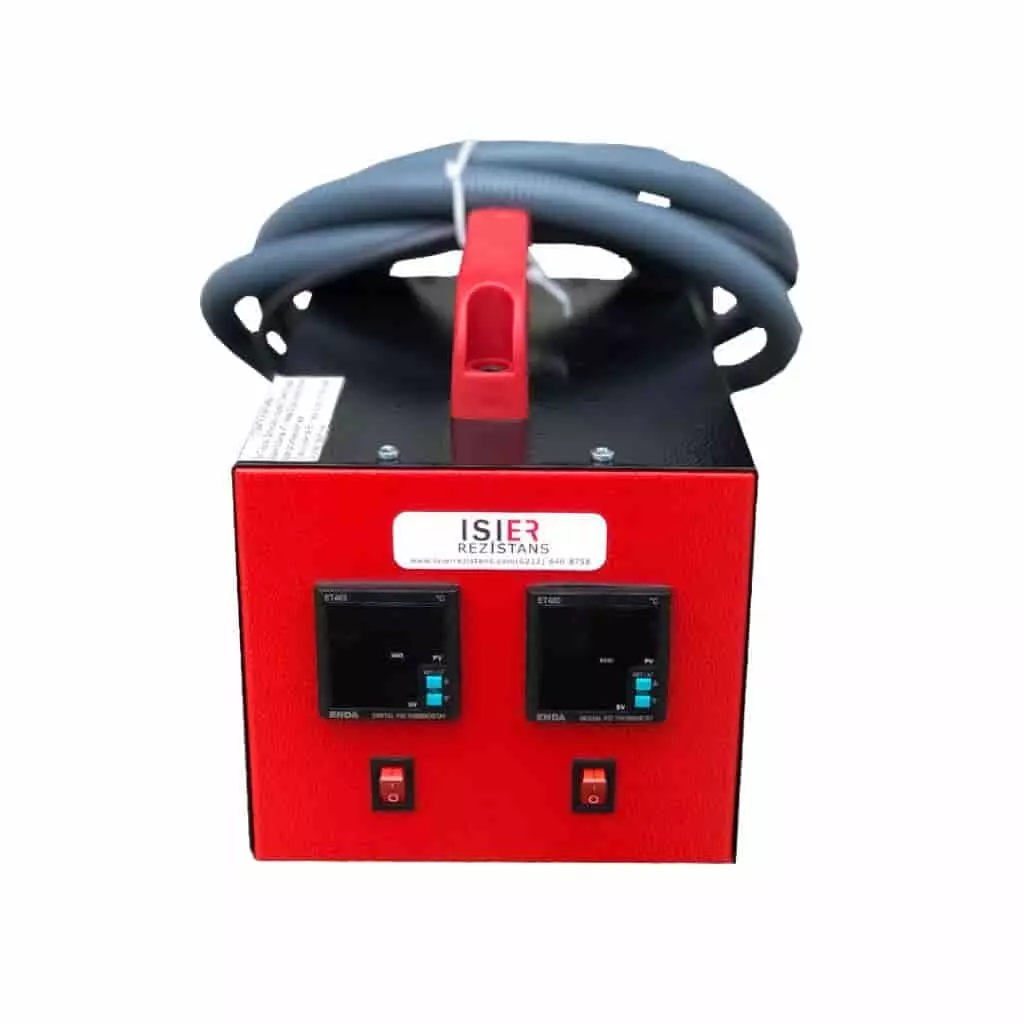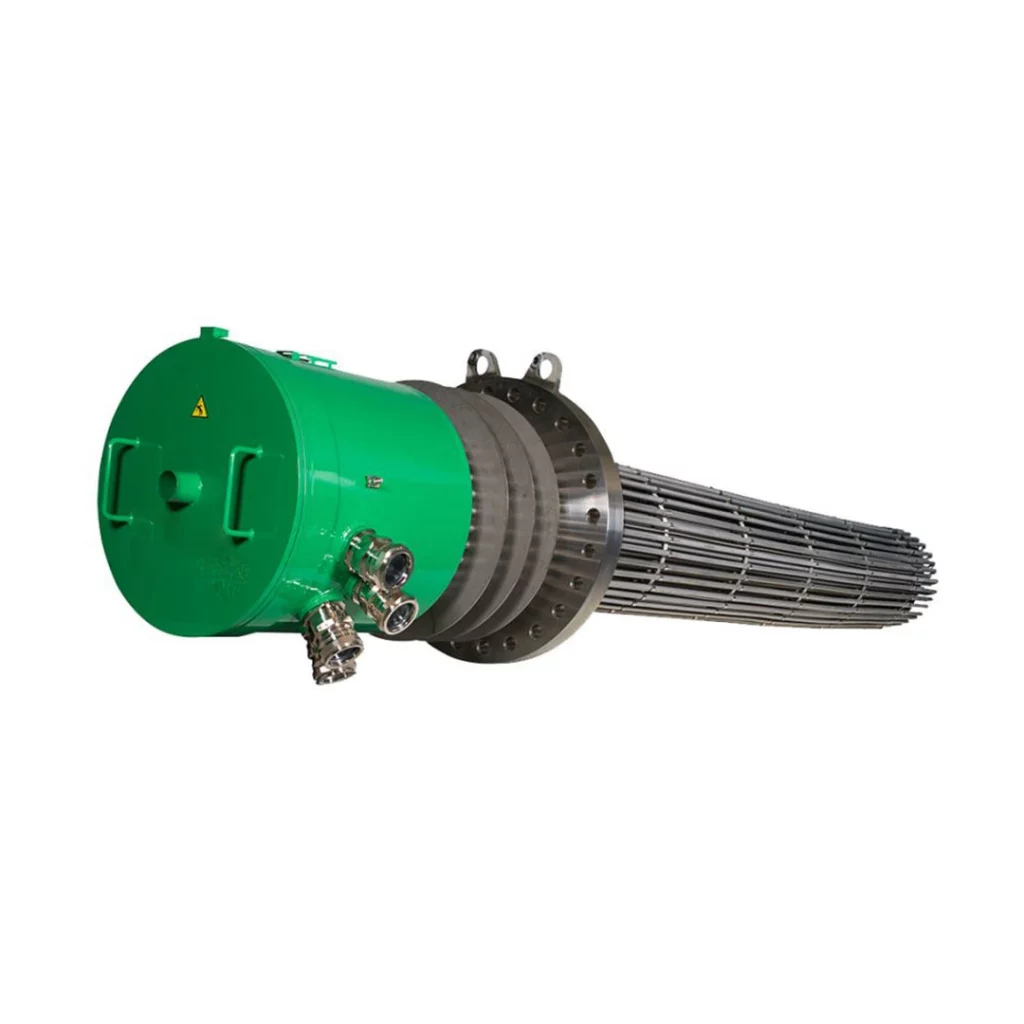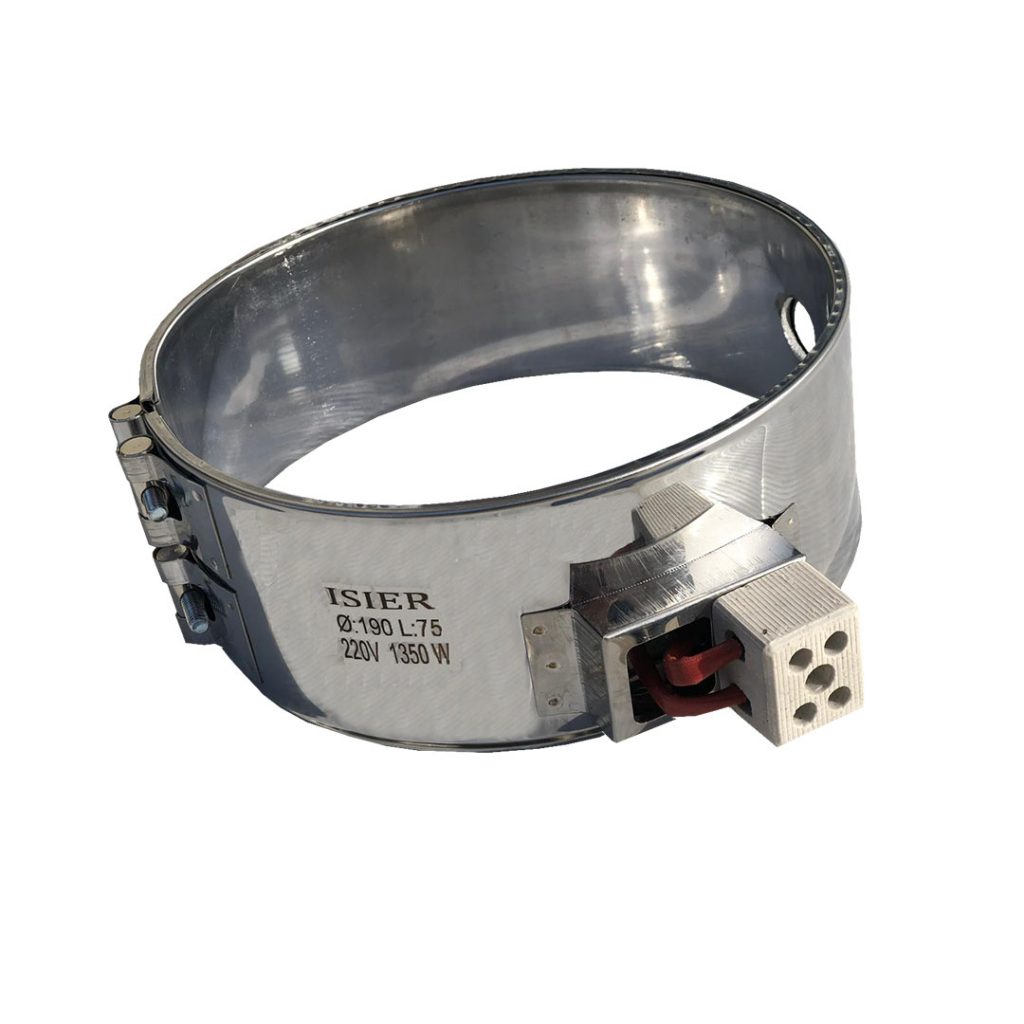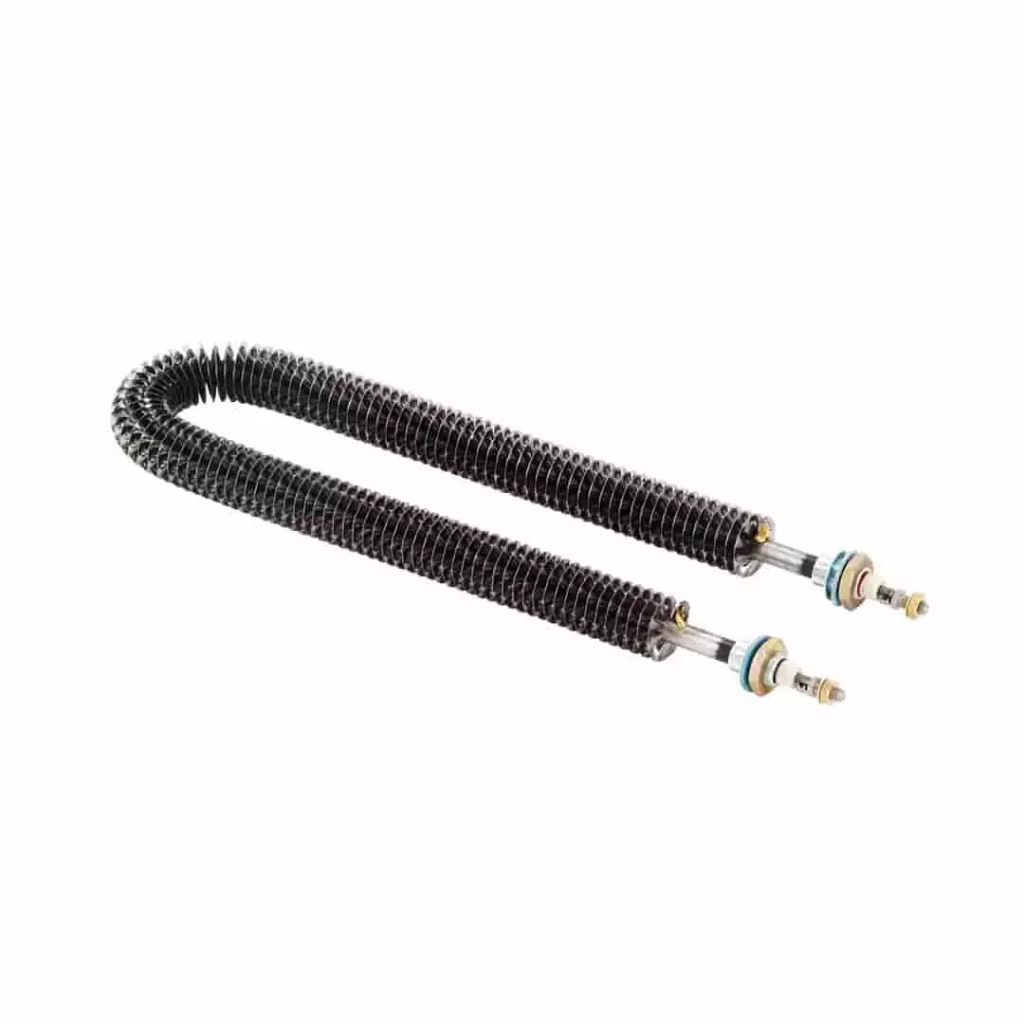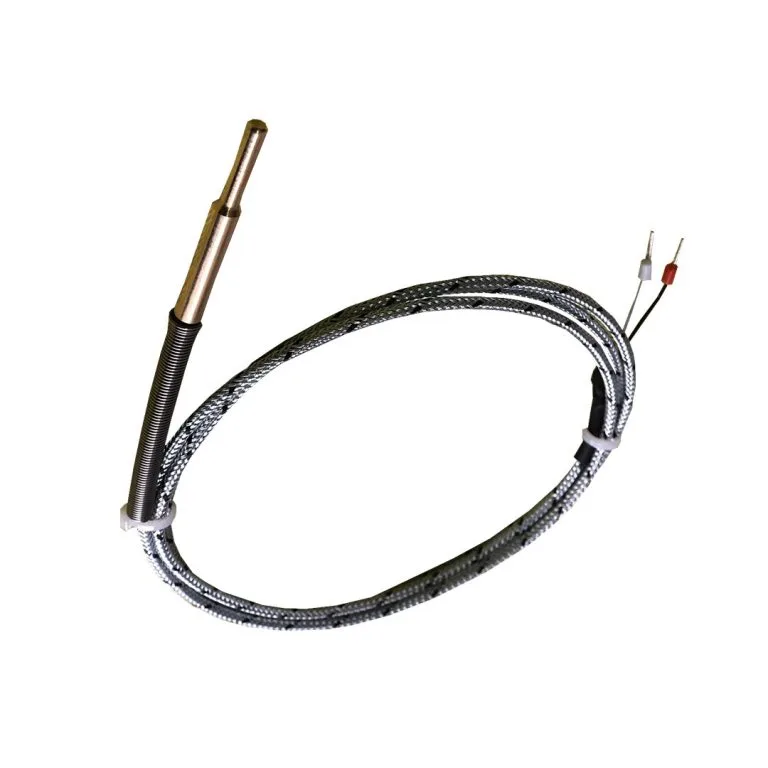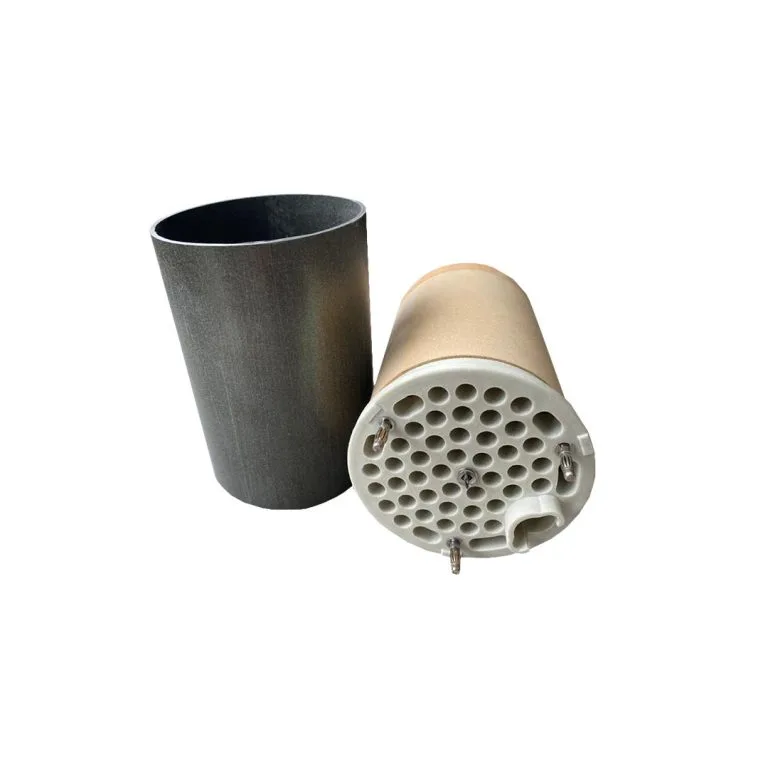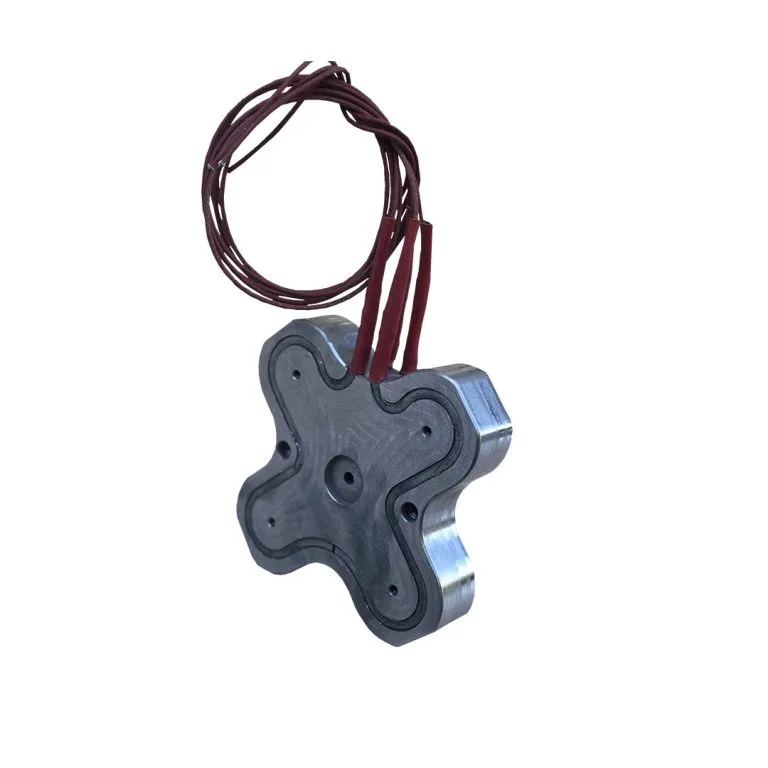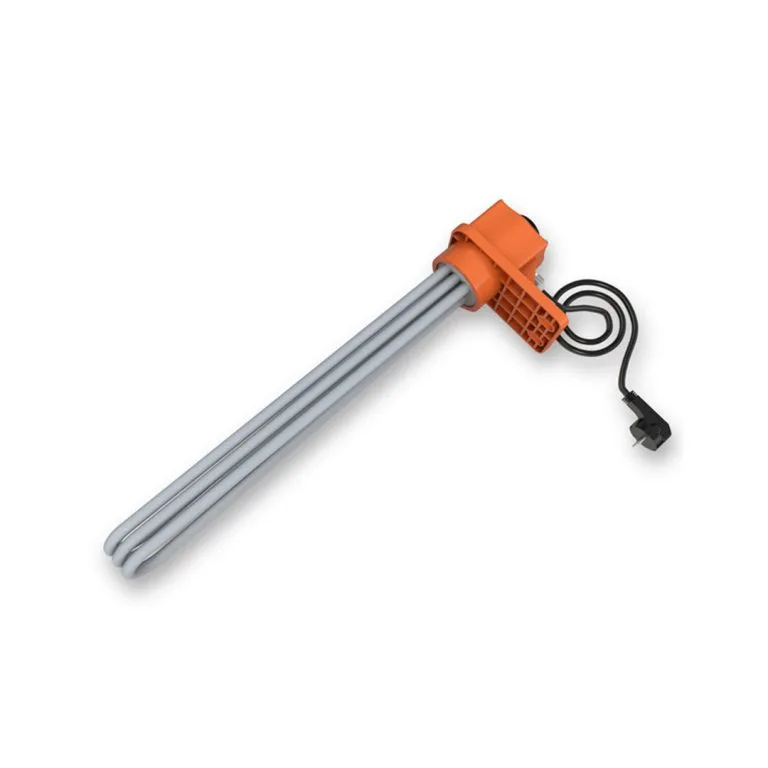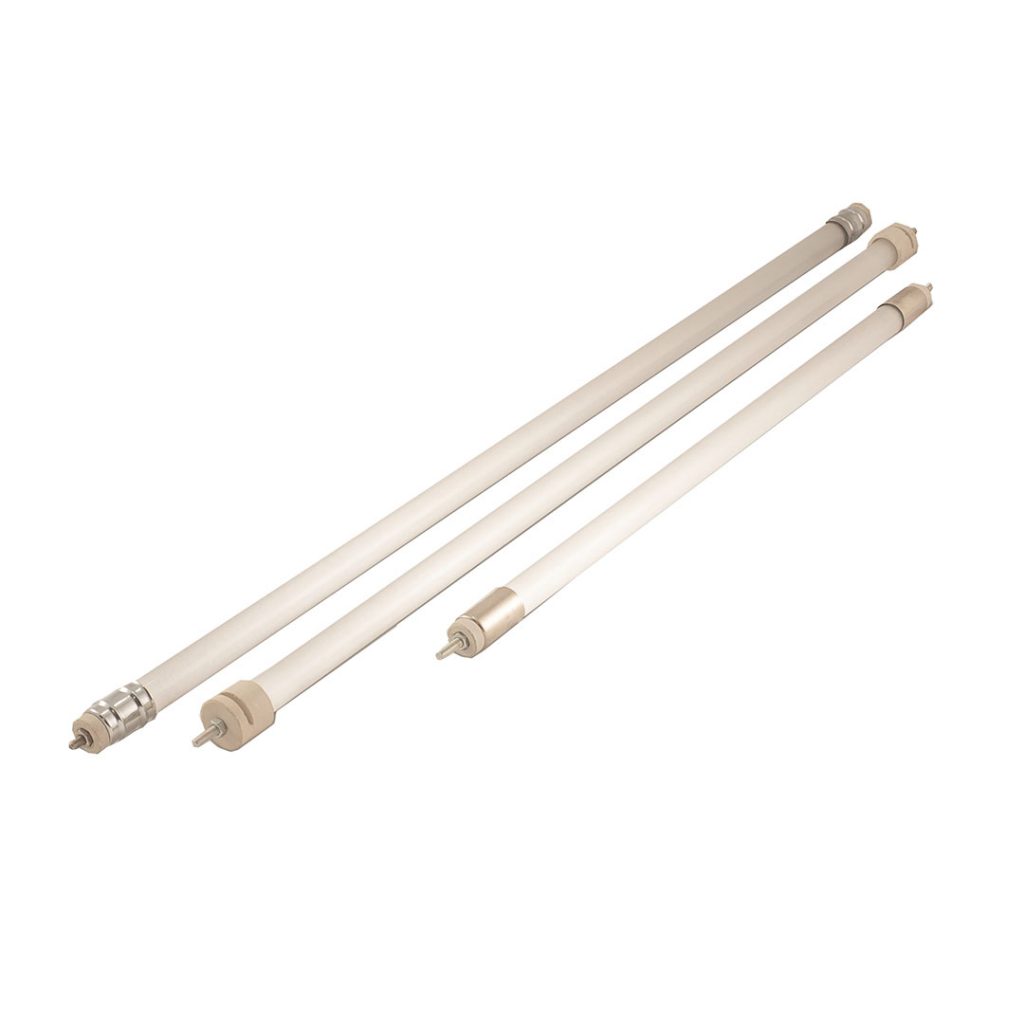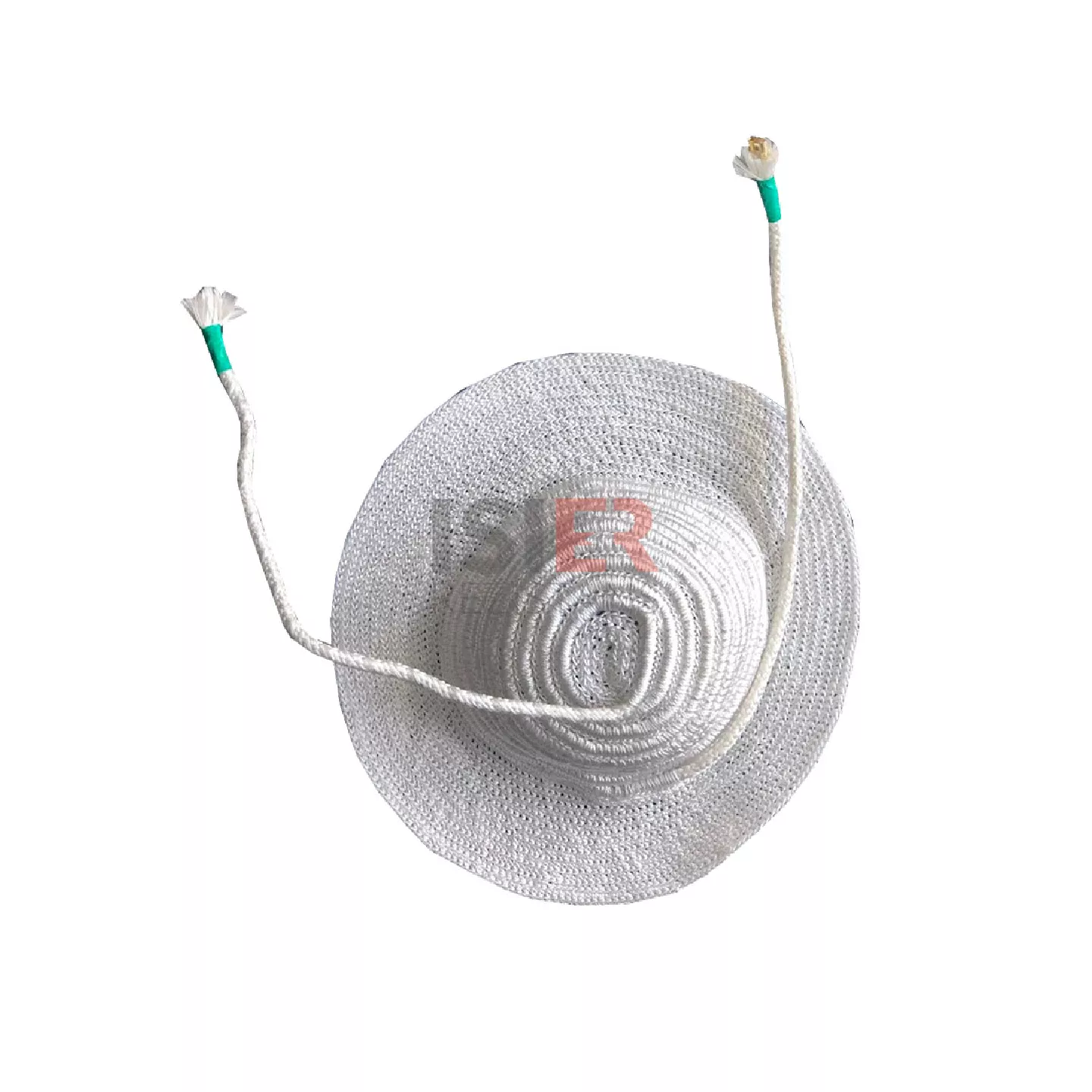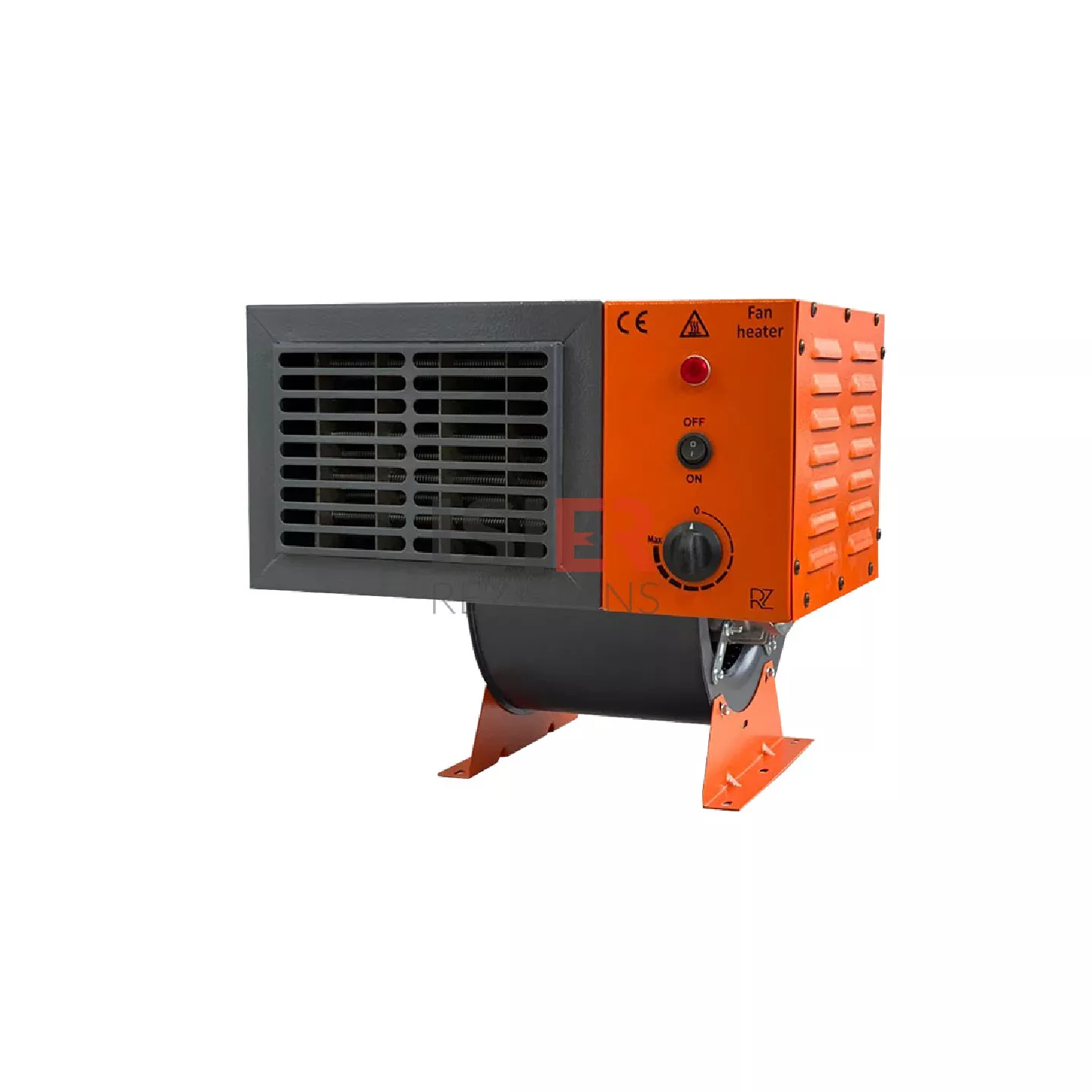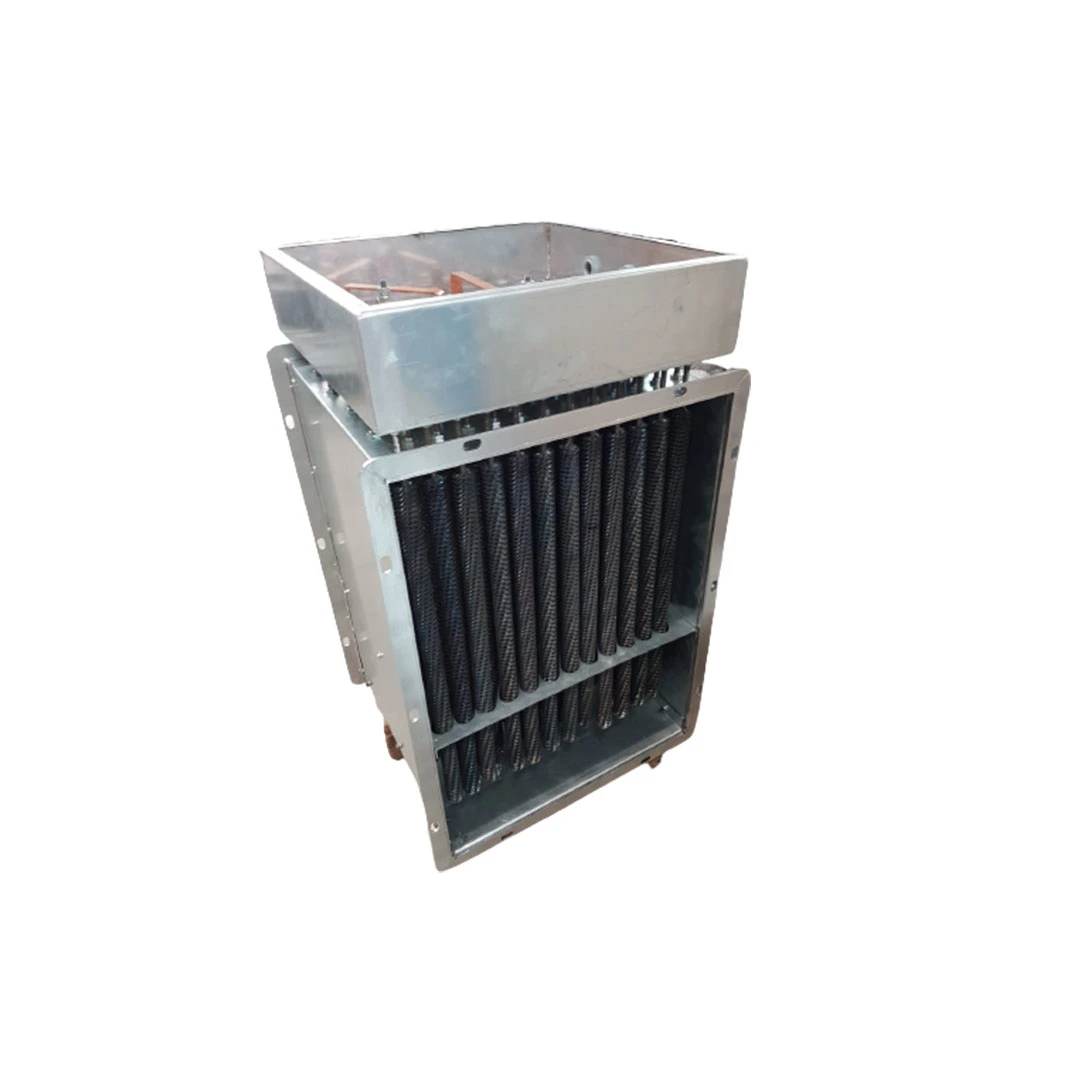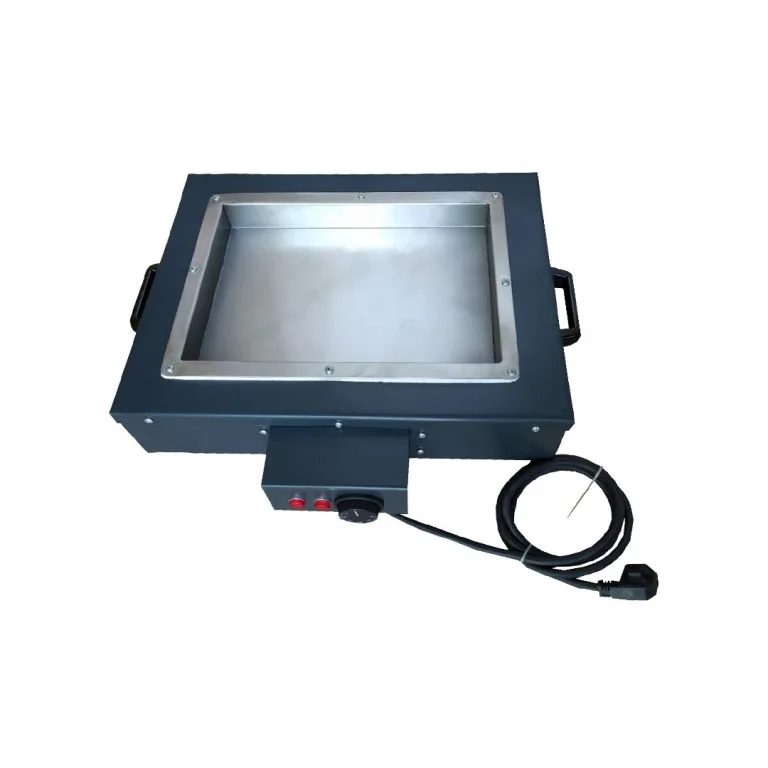What are Flanged Heaters?
Flanged heaters are specially designed to heat liquids or gases in tanks and reservoirs. They provide effective solutions for applications requiring high kW power. Most of these types of heaters feature a standard or sealed energy box, and electrical connection is typically provided through high-amperage terminals or bars. They are preferred in industrial machinery, household electric devices, and ovens operating below 500 degrees Celsius. Additionally, they are commonly used for heating liquid substances. Flanged heaters can be manufactured in various sizes and powers according to different needs and purposes.
Our Products
Your Solution Partner for All Your Resistance Needs
Technical Specifications of Flange Heaters
Flanged heaters are commonly used in industrial sectors and can be manufactured from different materials. The material used depends on the purpose and operating conditions of the heater; for example, materials such as chrome, copper, brass, iron, glass, or titanium may be preferred.
Adapter outputs can also vary in flanged heaters. These outputs can be produced as cable, socket, or screw outputs and can be customized according to the customer’s preference.
Flanged heaters are frequently used in household electric appliances and can also function in ovens not exceeding 500 degrees Celsius. Various options are available for heating liquid substances, such as CrNi tubular, steel tubular, or copper tubular heaters.
These types of heaters can also be used in environments like water or oil. When preferred in tanks or reservoirs, they can be used in pressurized or unpressurized environments.
The technical specifications of a flanged heater typically vary depending on the manufacturer and intended use. However, the following features are generally considered:
Power (Watt): The amount of power the heater can generate is expressed in watts.
Voltage (Volt): The amount of voltage required to power the heater is specified in volts.
Resistance (Ohm): The electrical resistance of the heating element is measured in ohms.
Maximum Temperature: The maximum temperature at which the heater will not be damaged is typically expressed in Celsius or Kelvin.
Flanged heater temperature detectors (RTDs) can usually withstand temperatures of up to 600°C.
Dimensions: Measurements such as the length, width, and height of the heater and flanges.
Material: The material used for the heating element and flanges is typically metal, ceramic, or quartz.
Connections: Types of connections used to connect the heater to the power source, such as terminals or cable ends.
Flange Size: Dimensions of the flanges, including bolt holes.
Certification: Safety standards and certifications met by the heater, such as UL, CE, or CSA.
These features affect the performance, durability, and safety of the heating system. Therefore, it is important to consider these technical details when selecting a suitable flanged heater for a specific heating application.
Flange Heater Usage Areas
Flanged heaters are widely preferred in many industrial and electrical applications due to their broad power capacities, durability, and versatility. These heaters find usage in various fields:
Industrial Heating: They are preferred for effectively heating liquids and gases in applications such as industrial ovens, furnaces, drying systems, and heating tanks.
Chemical Industry: They play a significant role in heating liquids and gases in chemical processes and controlling reactions.
Food Industry: They provide a reliable solution for heating liquids and solid materials in food processing equipment.
Plastic Industry: They are ideal for heating processes in extrusion machines, molding machines, and other plastic processing equipment.
Energy Generation: They are important components as load resistors used in power distribution systems, voltage regulation, and power control.
Electric Vehicles: They are preferred for regulating power flow in power electronics applications such as electric motors, inverters, and rectifiers.
Test and Measurement Equipment: They are used as load resistors for testing electrical equipment and measuring electrical parameters.
Welding Equipment: They are seen as essential components for controlling current and managing welding processes in welding machines.
Flanged heaters contribute to the efficient and effective execution of industrial processes by providing reliable performance in these various fields.



